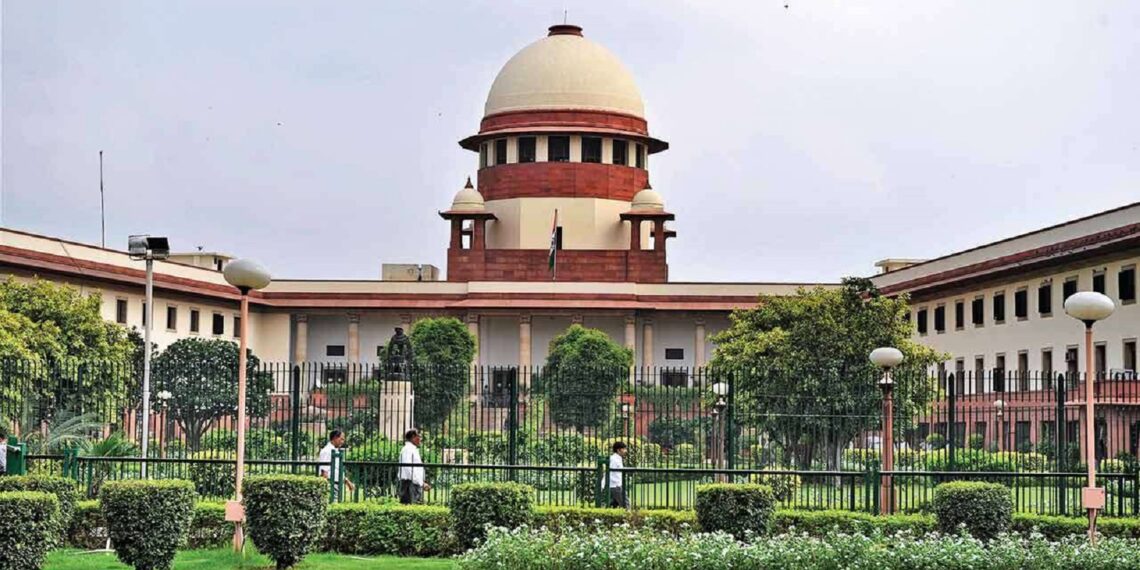GUWAHATI: The Supreme Court is set to deliberate on pleas requesting a stay on the controversial Citizenship (Amendment) Act (CAA), along with its recently notified rules, on March 19.
Senior advocate Kapil Sibal, in a recent oral mentioning before a three-judge Bench headed by Chief Justice of India DY Chandrachud on Friday, highlighted the urgency of the matter.
Sibal highlighted concerns over the timing of the rules’ notification, just days before the elections, despite the Act being enacted in 2019.
He also the irreversible nature of the citizenship grant process under the Act once initiated, urging the court to consider stay applications.
Meanwhile, the court has amassed a total of 237 petitions challenging the legality of the CAA, contending that it discriminates in granting citizenship based on religion.
ALSO READ: Assam’s CAA resistance escalates; petitions filed at Supreme court amidst protests
Among them are petitions filed by Assam’s Leader of the Opposition and the All Assam Students’ Union (AASU) on March 12.
Congress leader Debabrata Saikia, in his interlocutory application to the apex court, argued that the CAA rules violate Article 14 (Right to Equality) of the Constitution and infringe upon Clause 6 of the Assam Accord.
The leader of Opposition stressed that such rules breach the constitutional guarantee of equality and raise concerns about citizenship based on religious lines.
Following the rollout of the CAA by the Centre on March 11, a three-member delegation of the AASU, led by Chief Adviser Samujjal Bhattacharya, President Utpal Sarma, and Shankar Jyoti Baruah, also lodged a writ petition challenging the rules and seeking a stay order on the Act.
Bhattacharya stressed on the detrimental impact of such notifications on Assam’s indigenous population and urged the court to intervene.
As the legal battle unfolds, stakeholders, especially in Assam, await the Supreme Court’s decision on the contentious CAA, which has stirred significant controversy and ensued a series of protest in the state.















